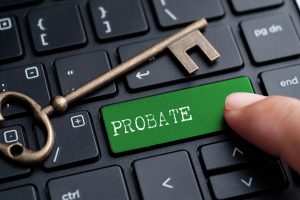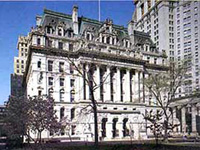 Estate planning in New York can include the preparation of a number of documents. A person may create a Last Will and Testament, a Power of Attorney, a Living Will, a Living or Grantor Trust and a Health Care Proxy.
Estate planning in New York can include the preparation of a number of documents. A person may create a Last Will and Testament, a Power of Attorney, a Living Will, a Living or Grantor Trust and a Health Care Proxy.
The most basic paper which should be considered is the Last Will. This is the document which sets forth the testator’s intentions regarding the disposition of the probate estate. It should always be kept in mind that a Will controls the disposition of assets held in a decedent’s name alone. Assets which are transferred by operation of law such as joint assets are not controlled by the Will provisions. The same concept applies to items such as life insurance or retirement accounts which may be paid on death to designated beneficiaries.
The New York Probate Lawyer Blog has published many articles regarding the preparation and probate of Wills. There have been numerous blog posts concerning the statutory requirements for signing a Will. These requirements are contained in Estates, Powers and Trusts Law (EPTL) Section 3-2.1 entitled “Execution and attestation of wills; formal requirements.”
 New York Probate Lawyer Blog
New York Probate Lawyer Blog











